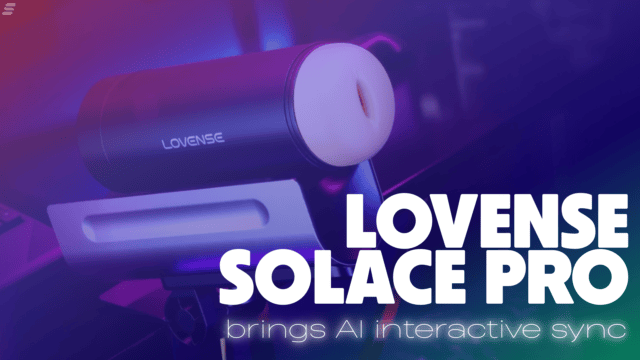As we’ve noted many times before in other sex robot articles, there’s a bit of a gulf between mainstream publications’ headlines about sex robots and the reality of where we stand right now in terms of their actual technical development.
And that mode of thought is based on the assumption that sex robots will indeed be welcomed by people, when the technology does catch up with our expectations.
In order to try and assess that aspect a bit more rigorously, a study is being conducted by Concordia University’s Sexuality and Cognition Research Laboratory and the Concordia Vision Laboratory (Montreal, QC, CA), and is, in its first stage simply collecting “attitudes, beliefs and opinions about sex robots” via an online questionnaire that should take around 90 minutes.
“This research project primarily investigates participants’ attitudes, beliefs, and opinions about sex robots and robotics in general. For instance, we are interested in how people perceive these new sexual artefacts, as well as their social acceptability. We are also interested in the reasons why individuals would like (or not like) to use robots with sexual capacities and their expectations towards this emerging technology (e.g., what they should or shouldn’t be able to do, look like, and be used for),” the project’s principal investigator Simon Dubé explained to SEXTECHGUIDE.

“We are also examining if people are likely to behave (sexually or otherwise) in a similar manner with robots and humans. We are interested in understanding the differences or similarities in people’s attitudes and willingness to engage in sexual behaviors with machines and humans.”
The online questionnaire isn’t the culmination of the research effort, however. It’ll be followed by experimental components carried out in laboratory settings that use “eye tracking, electroencephalography, and genital thermography to investigate sexual human-robot interactions,”
Dubé says.
This next step is due to start next year, with a study of psychophysiological responses to sexual robot stimuli (i.e. images and videos).
Of course, there are already debates raging on the ethical implications, potential effects on human relationships and interactions, and all manner of other considerations around sex robots, but getting some empirical data on the situation could help some of those discussions progress.
Read Next: Sex robots: The next frontier of sexual pleasure, or damaging ‘rape simulators’?









Leave a Reply